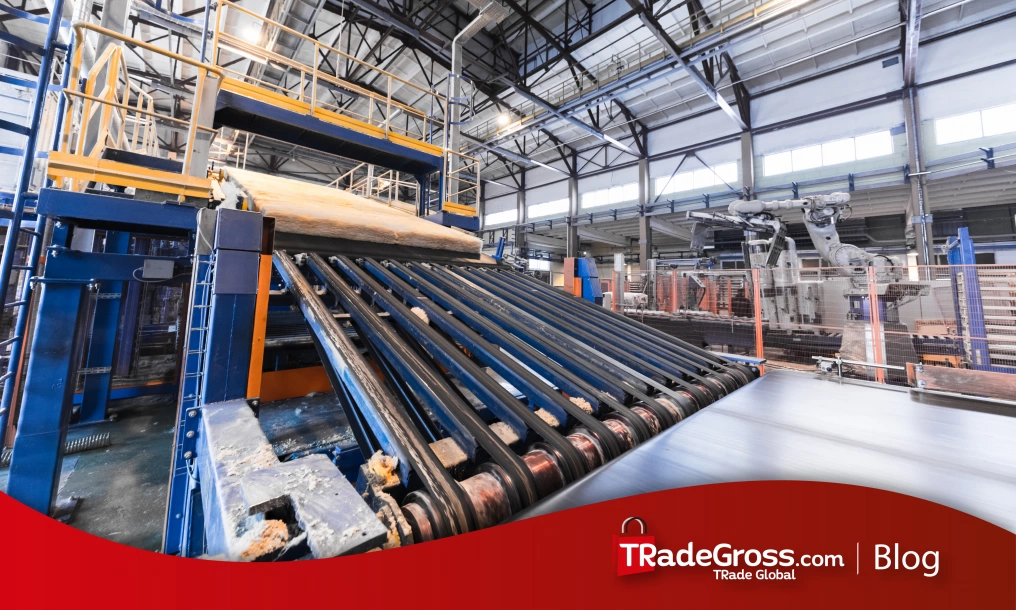
Contract Manufacturing & Suppliers
Contract manufacturing basically means that a company has another manufacturer produce products in line with its own demands. In contract manufacturing, the brand of the product may belong to the manufacturer or the manufacturer.
Difficult and troublesome manufacturing processes can push businesses to use this system. Contract manufacturing is actually a system that allows small businesses to grow and get used to producing more products. We can also call this type of production cooperation between enterprises.
Contract manufacturers, on the other hand, use their capital and are interested in the marketing aspect of the business. Sometimes firms in industrialized countries provide the necessary raw materials or materials and have firms in underdeveloped countries produce such labor-intensive goods, and then they take over and market these goods in their home countries or third country markets. In terms of underdeveloped country, this type of export is called Contract Export. The aim of the industrialized country in having such a contract manufacturing is to benefit from the cheap labor force in the underdeveloped country and to reduce its costs. Contract manufacturing is one of the ways widely used in Far East countries or city-states such as South Korea, Hong Kong and Singapore. It has been emphasized that contract manufacturing is preferred because it reduces labor and production costs.
There are many types in contract manufacturing. Contract manufacturing can be done on various sectors such as food, cosmetics or furniture. For example, it can take place in various fields such as tea packaging, soap filling or clothing packaging.
If we summarize the constant and definite benefits of contract manufacturing;
The firm that has contract manufacturing does not have to deal with the production processes.
The company that wants to have contract manufacturing will not have to contact the suppliers required for production. If we think for contract cosmetics production, these suppliers will be printing press, raw material suppliers, packaging manufacturers.
Thanks to contract manufacturing, the company that wants to sell products does not have to have any production experience.
Considering that production and R&D are very complex processes, all these processes will be managed by the manufacturer and the company that has contracted manufacturing will stay away from the complexity of these processes.
Thanks to the contract manufacturing, the parties will concentrate on their fields of expertise and will be able to create a joint work.
The firm that makes contract manufacturing is not obliged to make and follow applications such as official permits and tests. For this reason, the company can focus on the product itself and its marketing, rather than the details.
One of the biggest advantages of contract manufacturing used by large companies is that it enlarges the production area.
With this type of production, small businesses were opened and small businesses started to grow.
Thanks to contract manufacturing, the company that wants to sell products does not have to own any production facility.
Large companies that have contract manufacturing can improve themselves more easily because they are not interested in small jobs.
In small businesses, the details of the work can be learned more easily with contract manufacturing and it can be progressed step by step towards growth.
